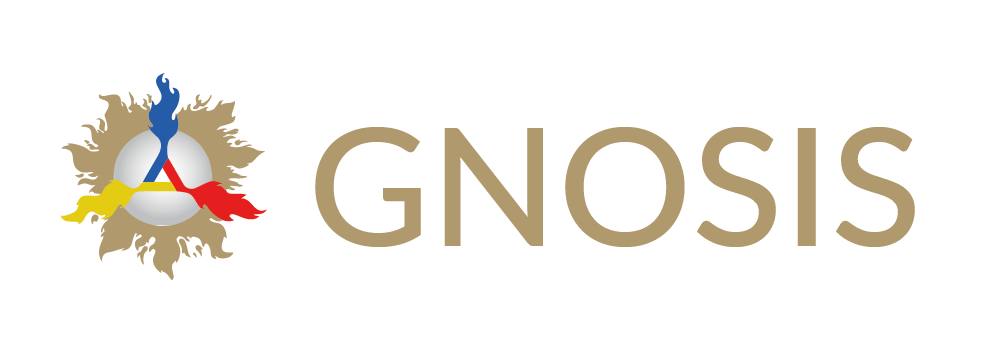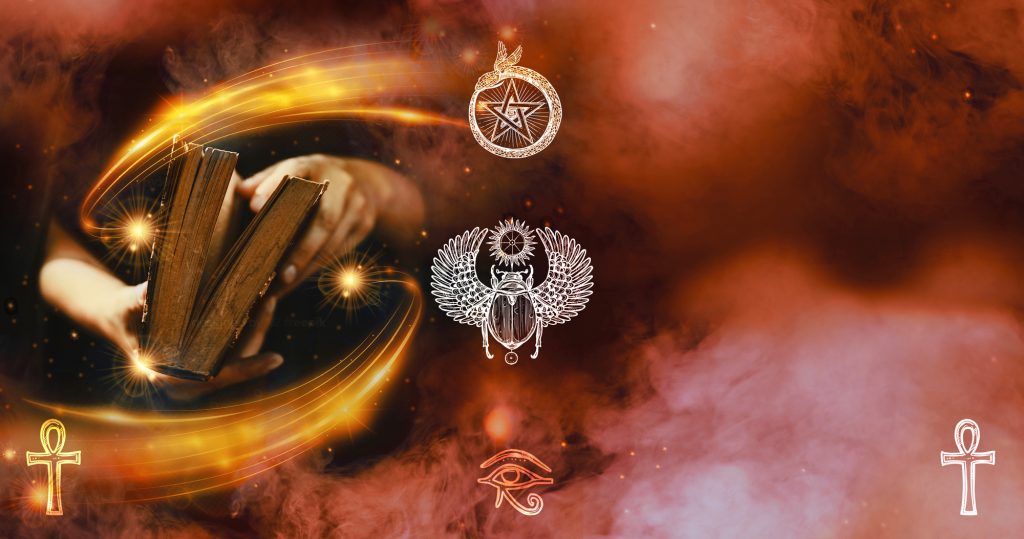What is the difference between the Koran, the Bible, the Book of the Dead, and all the scriptures of ancient wisdom? Is it possible that there is one truth for every people and for every age? Or is it that, on the contrary, all the sacred books are expressions of the one truth?
What is certain is that if we inquire with a practitioner of each religious cult we will surely find similar answers to questions such as: What is the purpose of religion? Who or what is God? Why did He send a prophet, Master, etc?
And if we were to take the trouble to study each of these sacred scriptures, we would see with astonishment the similarities in their doctrine. And if we were to go deeper into what they really want to express, we would understand that the differences are adaptations to the culture of that society, to the time, to the need of the moment. But that at bottom the holy books reveal a single truth, from which they all emanated. For they were written, not with the reasoning of a human mind, but by inspiration. And it is only logical that there are differences in the stories, in the form of teaching. For the life of the ancient Maya is not the same as the life of ancient India, or in Chinese, Egyptian, Greek, Roman, etc. culture.
But in order to begin to understand all this, we need to throw off the shackles of our own culture. To be able to see the world and its history, its meaning, in a universal way. And to understand the wholeness, the complementarity, of the various civilisations that have existed. To understand that they are all necessary, that they all bring us closer to the truth from different approaches, but that they all lead to the same Root.

A journey through the sacred texts
The Torah:
For Jews, the Torah, or Tanakh, is the holy book, when referred to in its entirety. Torah or Tanach is what is known as the "Old Testament". In it, which to this day is practiced and preached by the Jewish people, is the law of Moses. Moses is the main prophet of the Jewish religion.
In the Torah we find the cultural guide to food, the codes of man for man, the commandments of God for mankind. Within the Torah is the book of Genesis where the creation of the world in 7 days by God is narrated. In the Torah we find the crossing of the Red Sea by the Hebrews. Also the journey in the desert where for 40 days they had to suffer hunger until, guided by their prophet Moses, they managed to reach the Promised Land.
The Qur'an:
For Muslims, the Qur'an is the holy book. Studied in mosques around the world, the Qur'an contains the teachings of the Prophet Muhammad, or Mohammed.
Muhammad imparted his teachings by word of mouth. All his disciples compiled his teachings on papyrus, leather, palm leaves. At the time of his death all his teachings were recorded and compiled in the form used today.
Muhammad received the revelations he taught from the Angel Gabriel. And the Qur'an is a text that places deep emphasis on monotheism, that is, belief in one true God. It forbids idolatry, as well as images of the prophets. It also speaks about the prophets of other religions and gives them the title of envoys or messengers of God. Among them Jesus of Nazareth, John the Baptist, Noah, Adam, Moses, Abraham. All the messages of the prophets, according to the Qur'an, have been identical and for all mankind.
The Bible:
For Christians, the Bible is the holy book. The bible as it is used today is composed of the Old Testament, and the New Testament. The New Testament refers entirely to the prophet, sent from God, Jesus of Nazareth, or Jesus Christ, in its first 4 books, called the Gospels.
The first is the Gospel of Matthew which begins with the genealogical line starting with Abraham, father of Isaac, culminating in Jesus of Nazareth called Jesus Christ.
At his birth, a star in the sky marks the birth of the King of the Jews, and is the guide for the 3 Wise Men who go in search of him. King Herod is also looking for the newborn to assassinate him. So the family flees to Egypt and is kept safe until they can return when the King dies.
Jesus is baptised by John the Baptist, thus receiving the Holy Spirit. Then God is heard as a voice in heaven, saying that he is his sent son. He is then tested in the desert, where he fasts for 40 days, and the devil tempts him three times. When he returned, he began to go on pilgrimage, searching in every village for his disciples from among the Fishermen, and those who listened to him.
The teachings of Jesus are strongly revolutionary, exposing the absurdity of the customs imposed by the religious leaders of the time. Being persecuted by the same religious and spiritual leaders of the time, Jesus was the philosophical prototype of true revolution, which, in his words, is to fulfil the laws of God and the prophets.
Many cultures, one teaching
Among other current ones, which are used today, we find in India, the Bhagavad Gita. In Buddhism, the Tripitaka is the collection containing some of the Buddhist texts that are still read today, and were handed down from the Buddha himself.
All sacred texts basically deliver the same teaching. For, as we have said, they were written by inspiration. Moreover, they can be interpreted superficially or they can lead us to deeper and deeper levels of understanding. Whoever moves towards this deeper understanding begins to understand the purpose of human existence. That goal is expressed in all of them. But they differ in terms of cultures and the specific mission of each prophet, sage, teacher, envoy.
They all speak of a people of God, a chosen people, who are not found in an exclusive region of planet earth, nor are they those who belong to this or that religion. Rather, they are the righteous men, those who fulfil the laws of God set out in each of these sacred texts.
So there is no point in arguing about which is the true religion. For they all have the same end, to re-unite man with his God. To achieve Re-ligare or religion. As the Buddha put itAll religions are pearls strung on the golden thread of divinity.."
To find out more about this and other topics, we invite you to our online self-knowledge course. Free and free of charge.


8 responses
Please I would like to find out more about this issue. Thank you
My understanding is that all religions are similar, they all talk about being perfect and striving for perfection.
I very much agree with what has been said.
I love all of this, it's very interesting and also very engaging, I WOULD LIKE TO HAVE THE CAPACITY TO LEARN VERY IN-DEPTH ABOUT EVERYTHING RELATED TO GNOSIS.
Thank you for sharing all this! ?
Thank you very much for your input. Happy week.